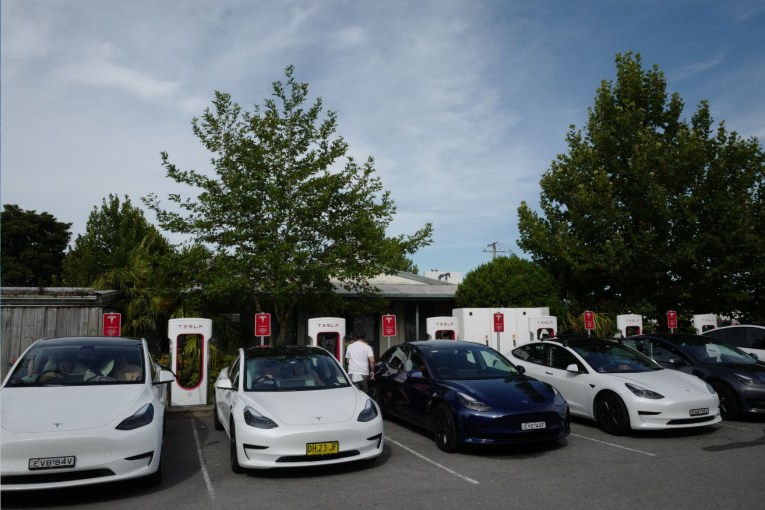The shake-up of child care in Australia
WHAT WILL CHANGE?
The government will streamline childcare subsidies for 1.2 million families under its $3.5 billion Jobs for Families package. From July 1, 2017, families on incomes of between $65,000 and $170,000 will be about $30 a week better off. Those on higher incomes will, on average, continue to receive the same level of support. Families on incomes of less than $65,000 a year will continue to receive 12 hours of early childhood learning a week.
WHY IS THE GOVERNMENT DOING IT?
The government says it’s about the economy and jobs, not welfare. Easier childcare subsidy arrangements will make it easier for mothers to get back into the workforce. They estimate the new measures will encourage more than 240,000 families – including 38,000 jobless families – to increase their involvement in paid employment.
HOW WILL IT BE PAID FOR?
The government wants the Senate to pass its changes to the Family Tax Benefit announced in last year’s budget. These savings will offset the costs of the significant improvements to child care and early childhood learning, it says. Labor is ruling out support, but Prime Minister Tony Abbott says the government will discuss the changes with the opposition.
ARE THERE ANY CONCERNS?
Yes. There are concerns that children of families earning over $65,000 with a stay-at-home parent will be locked out of early childhood learning opportunities because they won’t receive subsidies. The Greens are also concerned the package doesn’t address waiting lists.
WHAT THEY SAID ABOUT IT
“We are changing the economics of going back to work.” – Prime Minister Tony Abbott
“We want low and middle income families to have more incentive to get ahead and this package gives it to them.” – PM.
“The something-for-nothing bus for those above $65,000 on child care, where there’s no activity test, that will stop running on the first of July 2017.” – Social Services Minister Scott Morrison
“Children don’t get cheaper when they turn six. We didn’t support it then, we won’t be supporting it now, we won’t be supporting these cuts in the future.” – Shadow Treasurer Chris Bowen
“I think there are certain elements of the package that will have a positive impact. It will make child care more affordable for many middle-income families and low-income working families.” – Early Childhood Australia chief executive Samantha Page
“We would really be distressed to see children and families being used as political footballs in a Senate game.” – Assistant national secretary for United Voice, the union representing childcare workers, Helen Gibbons.







